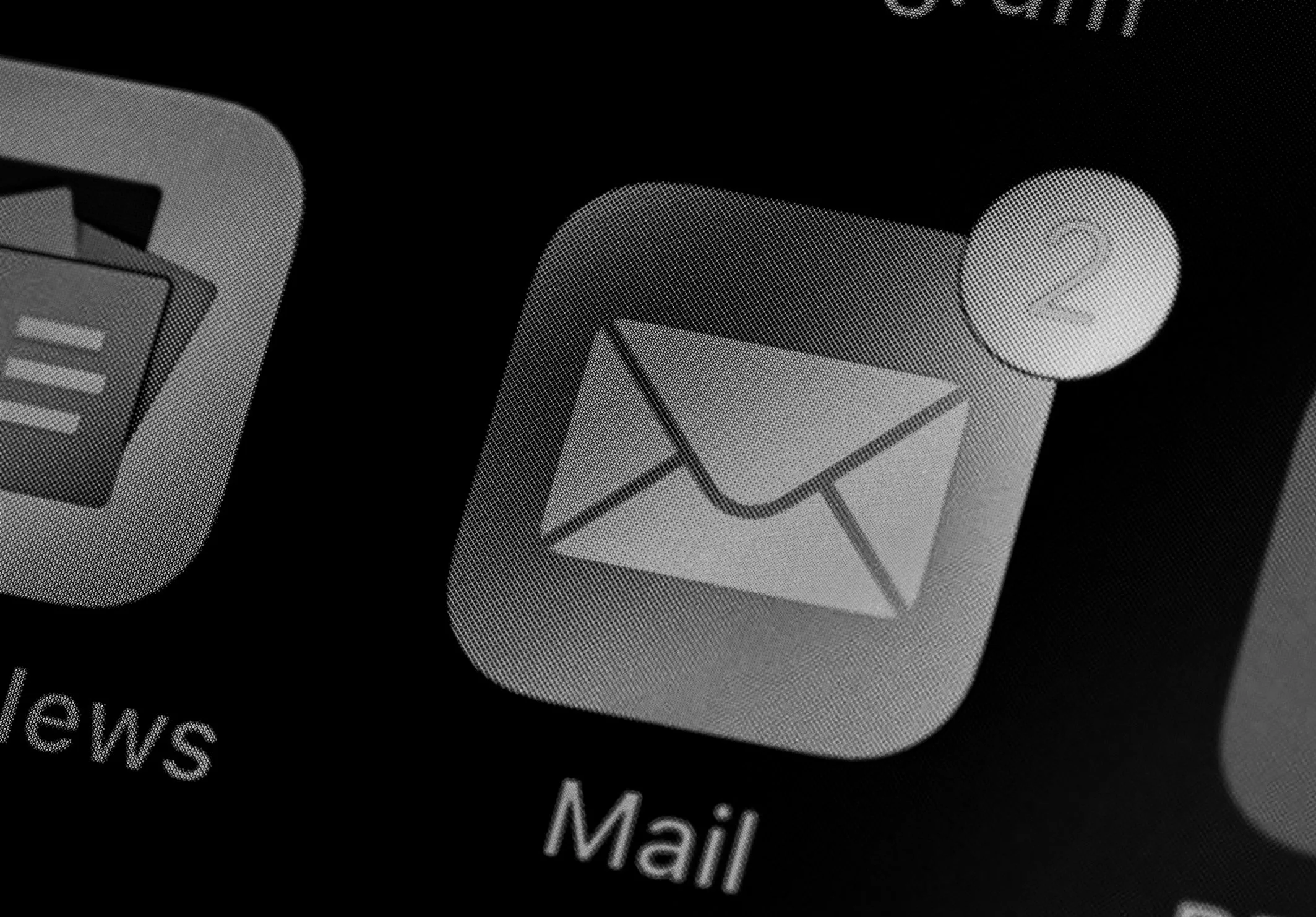Writing Effective Emails for Academic and Professional Success
Ever sent an email to a lecturer or employer and cringed at the reply - or worse, got none? Emails are your handshake in the academic and professional world, and nailing them can open doors. Students sometimes try to dash off vague or overly casual messages, missing chances to impress. With Australian email etiquette, you can craft clear, polite emails that get results. These six practical tips will sharpen your skills and boost your confidence.
Use a Professional Salutation
Start with “Dear Dr. Smith” or “Dear Ms. Jones” for lecturers or employers, using their correct title. Avoid “Hey” or “Hi there” in formal contexts. For less formal emails, “Hello (First Name)” works. The Australian Government Style Manual recommends formal salutations to set a respectful tone, building trust from the first line.
Craft a Clear Subject Line
Write specific subject lines like “Extension Request for Assignment 2” or “Application for Marketing Internship.” Vague subjects like “Question” risk being ignored. Experts say clear subjects increase open rates by 20%, ensuring your email stands out in busy inboxes.
Keep It Concise and Structured
State your purpose in the first sentence, like “I’m requesting feedback on my draft.” Use short paragraphs or bullet points for clarity. End with a polite close, like “Thank you for your time.” Studies suggest concise emails are 30% more likely to get prompt replies, respecting Australian preferences for directness.
Adopt a Polite, Professional Tone
Use phrases like “Could you please clarify…” or “I’d appreciate your advice on…” Avoid slang or emojis in formal emails. For international students, practice polite English phrases to match Australian norms. Research shows polite tone builds rapport, making recipients more responsive.
Proofread Before Sending
Check for typos, grammar, or unclear phrases. Read aloud or use tools like Grammarly. Ensure attachments (e.g., assignments) are included. The Australian Government Style Manual stresses error-free emails for credibility, especially in academic and job settings.
Follow Up Politely
If no reply comes after a week, send a gentle follow-up: “I’m checking in on my previous email about…” Keep it brief and courteous. Experts recommend follow-ups to show initiative, boosting your chances of a response without seeming pushy.
Mastering email etiquette is a game-changer for uni and beyond. With professional salutations, clear subjects, concise structure, polite tone, proofreading, and follow-ups, you’ll make every email count. Want to polish your communication skills? For more tips, visit ReachOut Australia.
OZGRADS offers workshops to elevate your professional writing skills - reach out to us!
Start emailing like a pro today!
References
Australian Government (2023) Australian Government Style Manual: Digital communication standards. Canberra: Australian Government. Available at: https://www.stylemanual.gov.au (Accessed: 29 August 2025).
ReachOut Australia (2023) Skills and wellbeing resources for students. Sydney: ReachOut Australia. Available at: https://au.reachout.com (Accessed: 29 August 2025).
Bargiela-Chiappini, F. and Nickerson, C. (2002) ‘Business discourse: Professional communication in context’, Journal of Business Communication, 39(1), pp. 7–29. doi: 10.1177/002194360203900101.
Crystal, D. (2006) Language and the Internet. Cambridge: Cambridge University Press.
Disclaimer
This blog contains links to external websites and platforms for informational purposes only. We are not affiliated with, endorsed by, or compensated by any of the organisations, platforms, or services mentioned. All references are provided to support students and readers in accessing useful resources.


